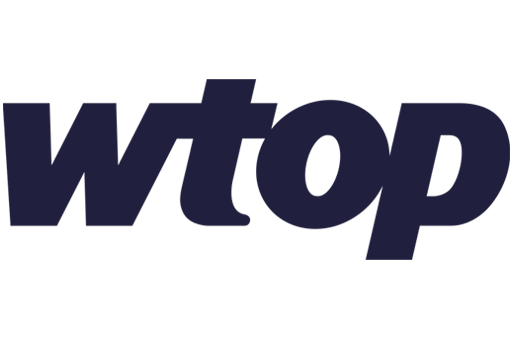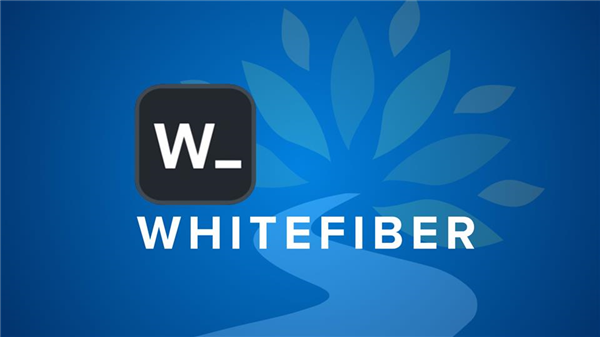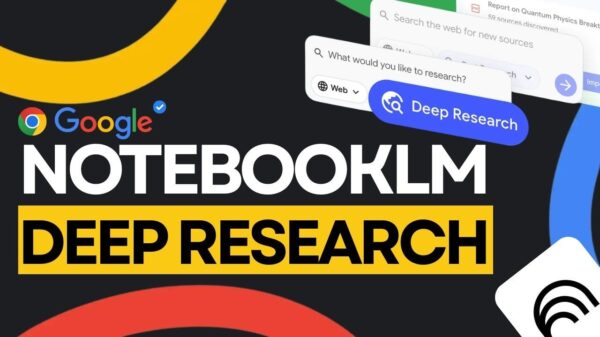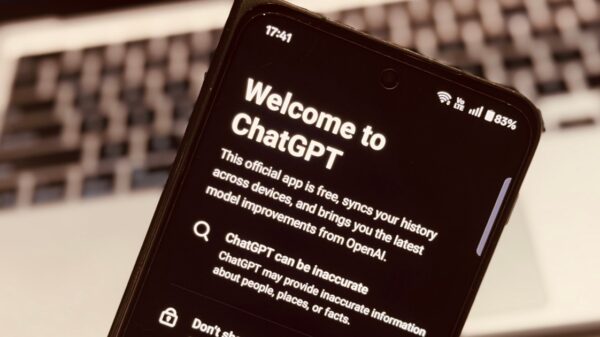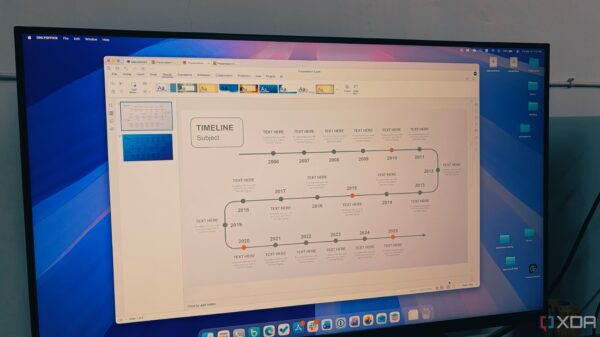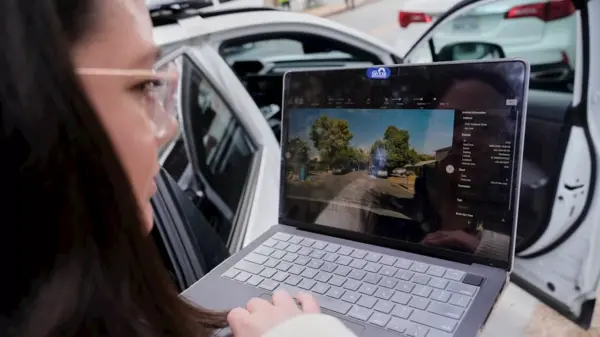PlayOn Sports, a leader in high school sports media and technology, has again solidified its standing in the industry by making the Deloitte Technology Fast 500 list for the fourth consecutive year. The company’s remarkable achievement in 2025, with a revenue growth of 136%, highlights its dedication to innovation and the role of artificial intelligence in transforming the high school sports landscape.
Based in Atlanta, PlayOn Sports’ sustained growth reflects its strategic use of advanced technologies, particularly AI, across its comprehensive fan engagement platforms. In today’s digital-first world, the company is not just keeping pace but is actively shaping how high school sports are consumed and celebrated, enhancing experiences for athletes, coaches, administrators, and fans alike.
The AI-Powered Ecosystem of High School Sports
PlayOn Sports’ recognition in the Deloitte Technology Fast 500 stems from its innovative “all-in-one fan engagement platform,” leveraging AI to enhance its various brands, including NFHS Network, GoFan, rSchoolToday, and MaxPreps. This interconnected system utilizes AI to improve automation, personalization, and operational efficiency across the board.
The NFHS Network exemplifies how AI is revolutionizing live sports broadcasting. The platform employs AI-driven automated camera systems capable of tracking players and the ball, making live streaming feasible for even smaller schools. Additionally, AI algorithms can create highlight reels and instant replays autonomously, enriching fan engagement and significantly minimizing production costs, which previously posed barriers for non-professional sports coverage.
See also Revenue Analytics Launches AI-Powered Group Management Tool to Boost Hotel Profitability
Revenue Analytics Launches AI-Powered Group Management Tool to Boost Hotel ProfitabilityGoFan, which provides digital ticketing solutions, also benefits from AI advancements. The platform utilizes dynamic pricing models that adjust ticket prices based on various factors, including demand and weather, optimizing revenue for schools while offering fans flexible purchasing options. AI analytics further enhance user experience by personalizing ticket recommendations based on a fan’s previous purchases. Meanwhile, the rSchoolToday platform applies AI to streamline scheduling, providing athletic directors with quick, optimized schedules that minimize conflicts and save valuable administrative time. Lastly, MaxPreps leverages AI for automated content generation and personalized sports news delivery, showcasing the potential for integrated AI solutions to enhance grassroots sports.
Impact on the Sports Technology Landscape
The growing influence of PlayOn Sports’ AI-driven solutions signals a shift in the sports technology sector. By proving the capabilities and scalability of AI in high school sports, the company sets a new standard within the industry. This trend may prompt tech giants and startups alike to innovate further, looking to integrate advanced AI features into their offerings. Companies specializing in AI for sports analytics, automated content generation, and predictive modeling may see increased demand as a result.
Moreover, companies failing to adopt AI risk losing ground to more technologically adept competitors. PlayOn Sports’ model of creating a comprehensive ecosystem, as opposed to standalone solutions, allows it to offer a more cohesive user experience that is difficult for others to replicate. This integration not only improves user satisfaction but also generates valuable data synergies, further refining AI functionalities.
Broader AI Societal Trends
PlayOn Sports’ ongoing success in the Deloitte Technology Fast 500 aligns with larger trends in AI that aim to democratize technology. The application of advanced AI in high school sports reflects a broader movement toward making sophisticated tools accessible to local communities and grassroots organizations, previously sidelined in the tech revolution.
The implications are significant. AI-driven platforms like the NFHS Network enhance visibility for student-athletes, opening doors for college recruitment opportunities that might otherwise be overlooked. Furthermore, the efficiencies gained through AI technology allow school staff to devote more time to student development, reducing administrative burdens. However, data privacy concerns regarding student-athletes’ performance metrics will remain critical as these platforms evolve, necessitating transparent data practices and robust security measures.
In essence, PlayOn Sports is carving a path for AI applications that were once the domain of professional leagues, extending those capabilities to local communities. This is a pivotal moment in AI’s role in sports, enhancing accessibility, efficiency, and engagement across the grassroots level.
As PlayOn Sports continues to innovate, its journey serves as a compelling case study in how targeted AI applications can foster both commercial success and meaningful community impacts, setting a new benchmark for sports technology in the digital age.





